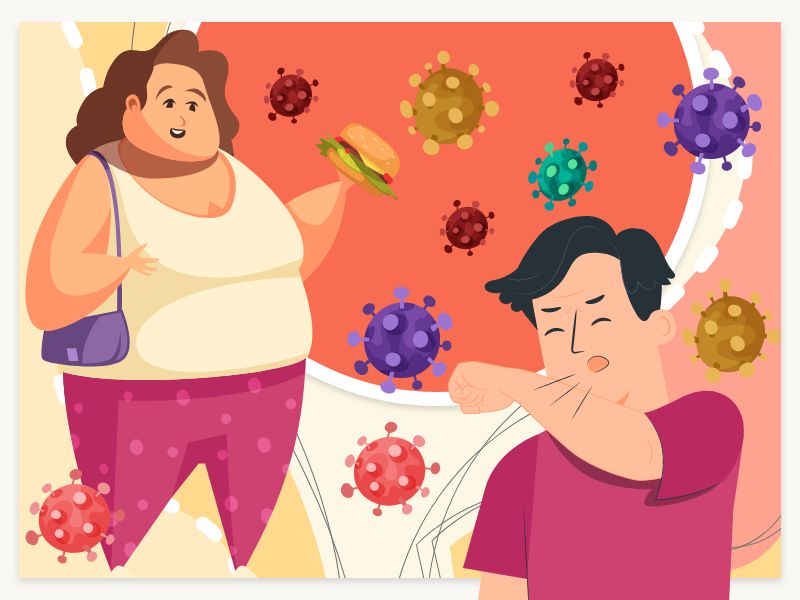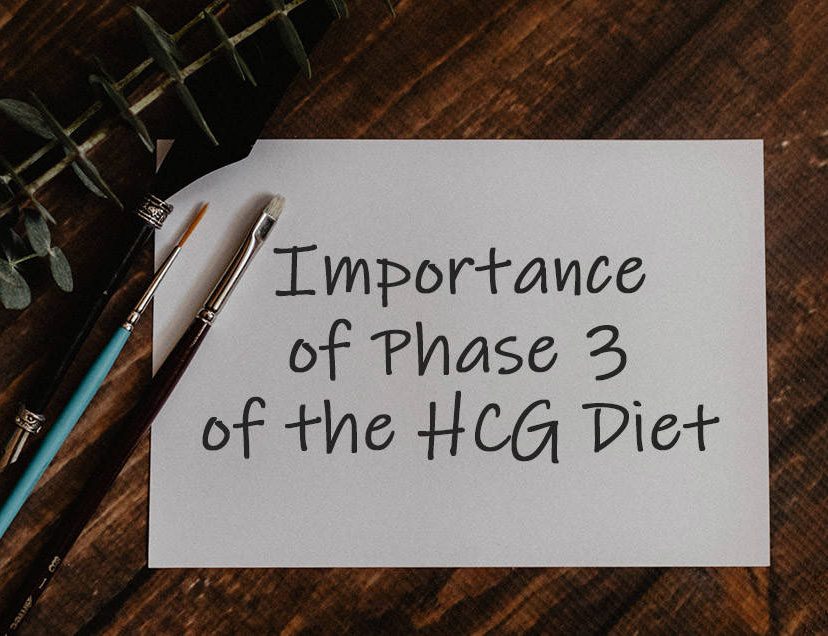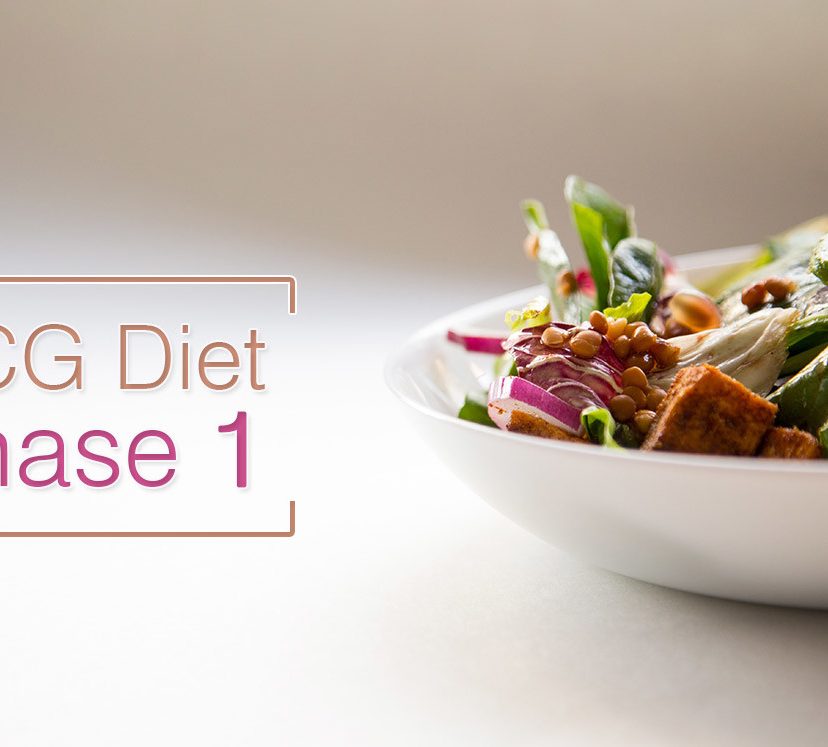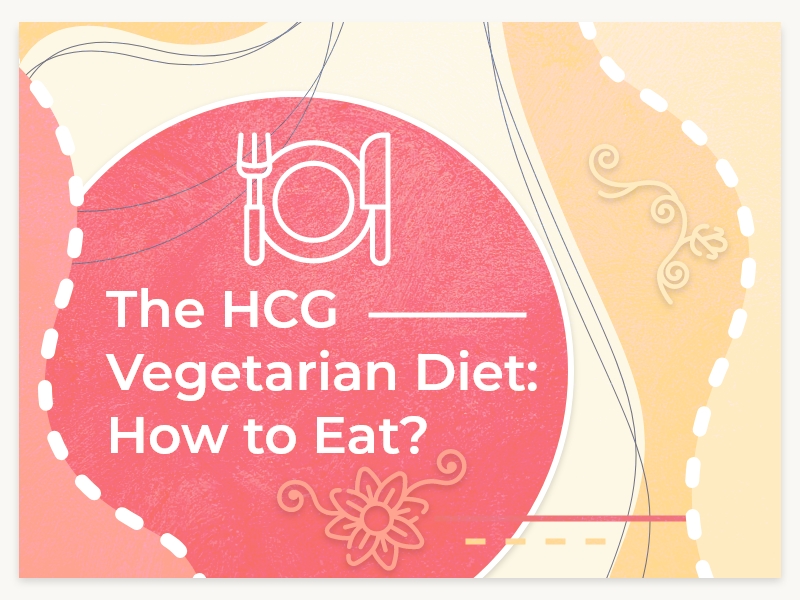HCG Diet Protocol: When to Stop Early and How to Transition Successfully
Are you currently following the HCG Diet protocol? It’s important to understand that the HCG Diet is a structured program that involves following specific protocols for optimal results.
However, there may be circumstances where you need to stop the diet earlier than planned. So, let’s dive in and learn more!
When to Stop the HCG Diet Protocol Early
While ideally, you should complete the full duration of the HCG Diet protocol, there are valid reasons that might necessitate stopping early. Here are some common situations where early termination may be required:
- Injuries: If you experience an injury while following the HCG Diet protocol, Stop immediately prioritize your well-being.
- Unavailability of HCG or delayed kit arrival: HCG supply shortage or delayed delivery of your kit can make it challenging to continue the diet as planned.
- Pregnancy: If you become pregnant while following the HCG Diet protocol, stop immediately for your safety and your baby’s.
- Unexpected interruptions: Life is full of surprises. There may be unexpected events that arise, making it difficult to adhere to the protocol. It’s essential to recognize these obstacles and adjust accordingly.
If you find yourself in a situation where you must cut your round short before completing the 23 doses of HCG injections, there are steps you can take to prevent rapid weight regain. However, please note that retaining all the progress you’ve made is not guaranteed.
How to Stop the HCG Diet Protocol Early
Here’s a step-by-step guide on how to navigate this process:
- Consult your healthcare provider: Inform your healthcare provider of your decision to stop early. They will provide you with personalized instructions on how to gradually transition off the HCG injections.
- Transition to the maintenance phase: You can transition into the maintenance phase as if you have completed your round. This phase focuses on gradually reintroducing more food choices while still maintaining a healthy eating plan.
- Adjust your diet: Avoid high-fat or oily foods for the first 72 hours if you are continuing a low-calorie diet without HCG injections. This precaution is necessary as traces of HCG may still be present in your system during this time.
- Restrict starches and sugar: Avoid starches and sugar for three weeks post-HCG Diet to prevent weight gain. This restriction can help maintain your progress and prevent rapid weight regain.
- Emphasize whole foods: During this period, focus on consuming whole foods that are nutrient-dense and provide satiety. Incorporate healthy fats, such as olive oil, avocado oil, and coconut oil, into your meals to help you feel fuller for longer.
- Gradually increase portion sizes: Pay attention to portion sizes for weight control as you transition. Gradually increase sizes while maintaining balance.
- Stay active: Physical activity is essential for losing weight and overall well-being. Incorporate daily exercise into your routine.
Start with a 10-minute walk and gradually increase the duration to 30 minutes per day. Consider also adding strength training exercises. Do this two to three times per week to build lean muscle mass and boost your metabolism.
Remember, the decision to stop the HCG Diet protocol early should not be taken lightly. It’s important to assess your circumstances and consult with a healthcare professional if possible.
By following the steps outlined above, you can navigate an early termination successfully. At the same time prioritize your health and maintain the progress you’ve made.





